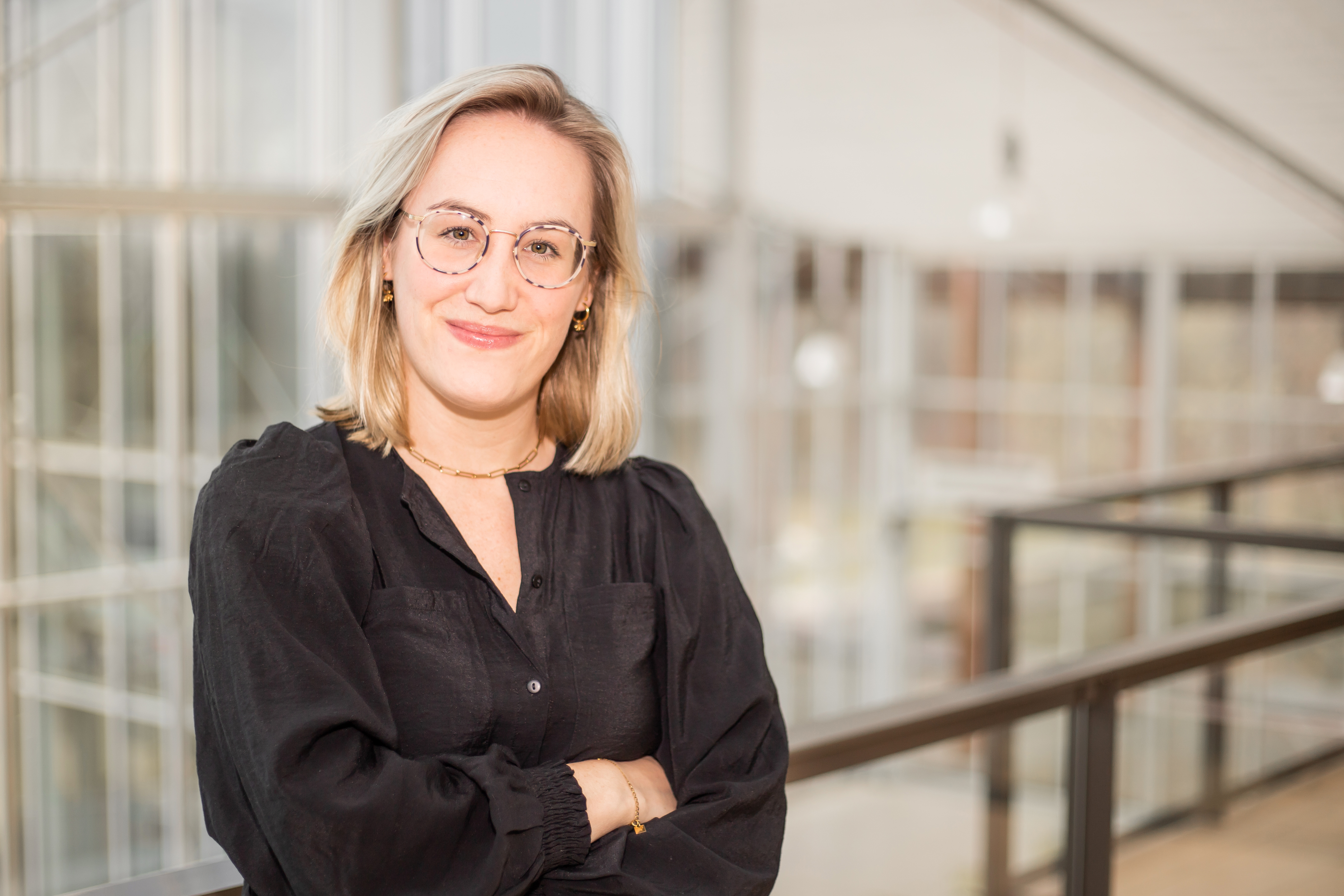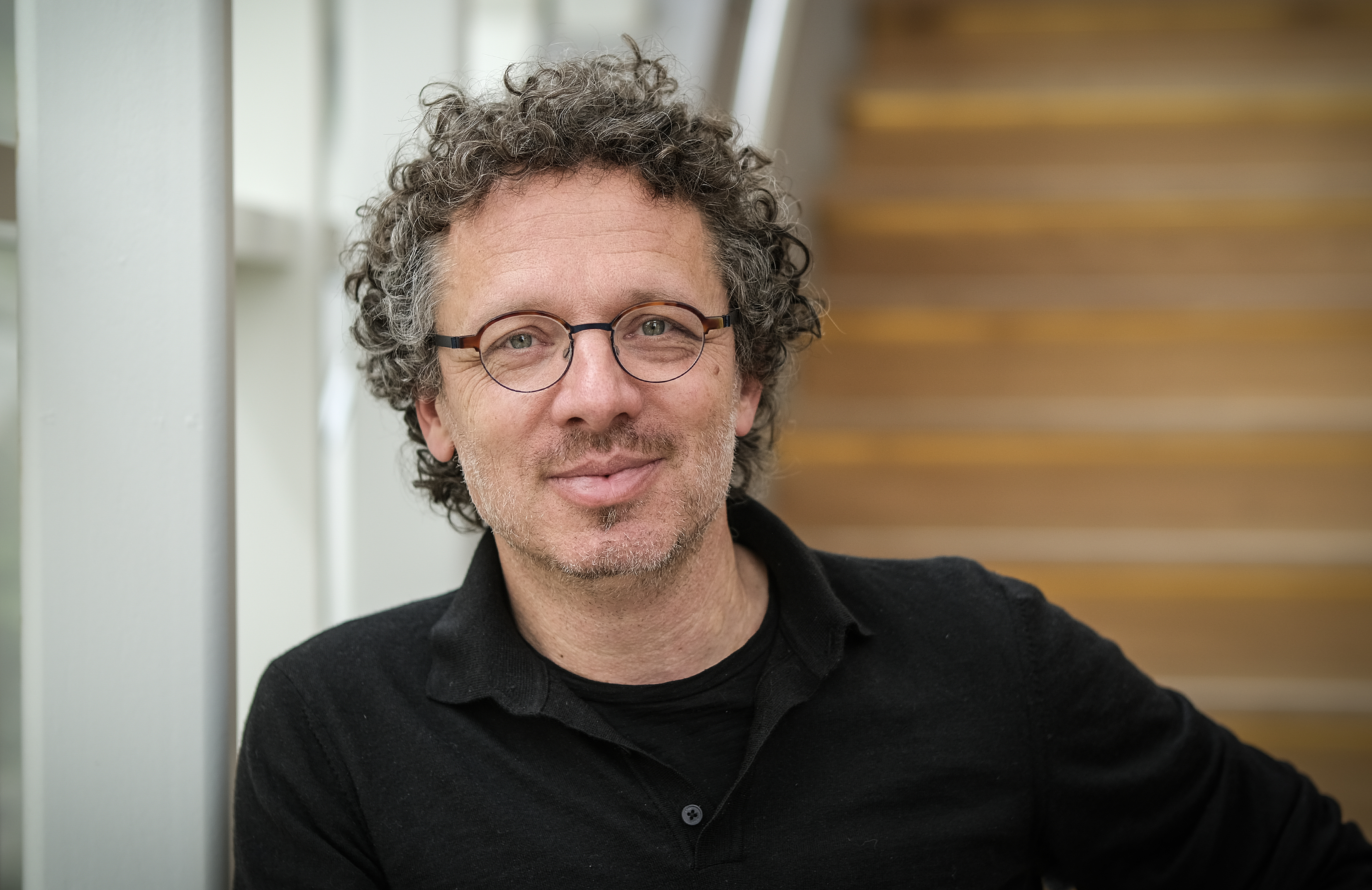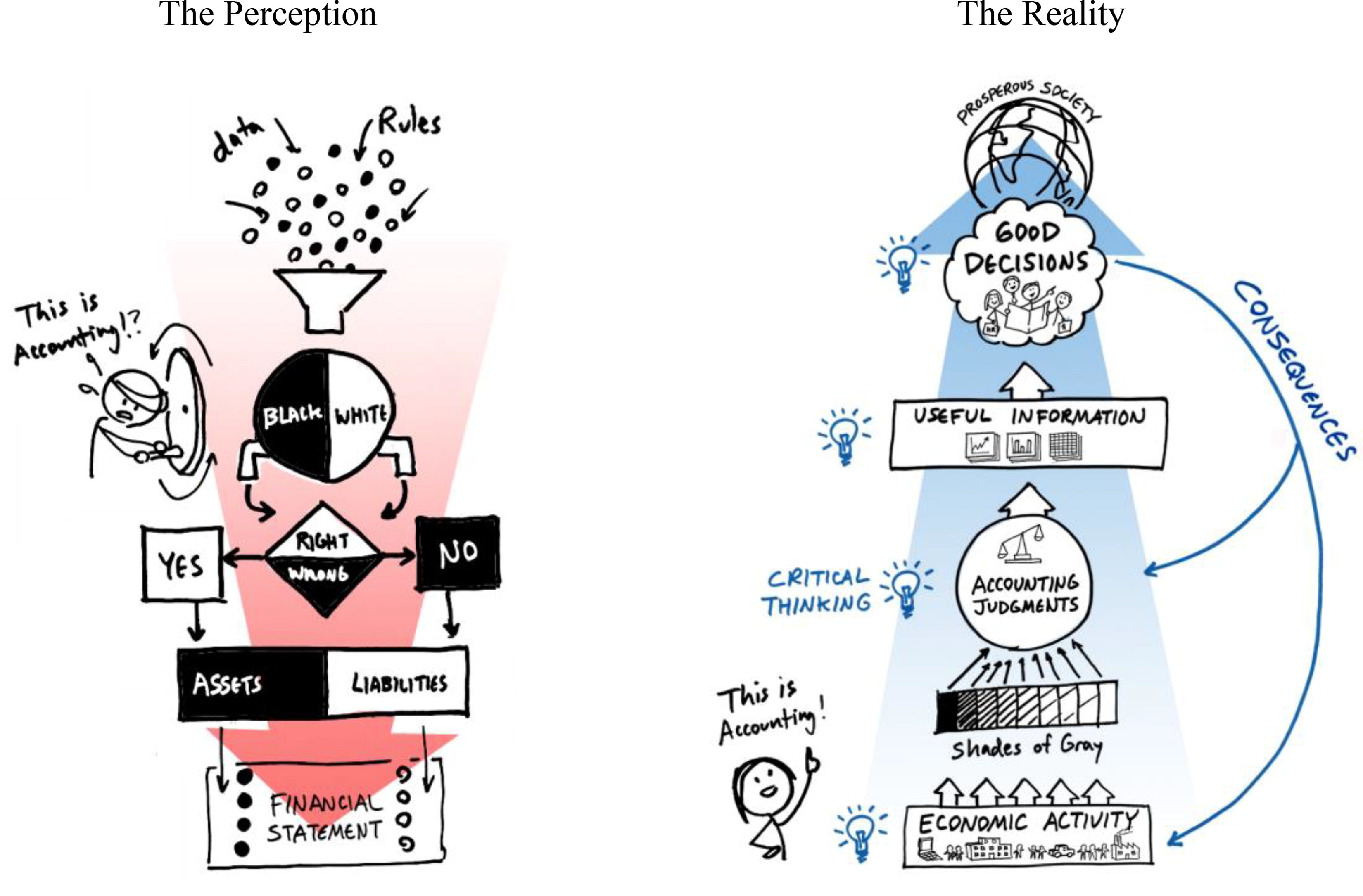Until the bitter end (of the cucumber)
Why is getting used to eating vegetables in early childhood so important to public health? How can we get children to eat them despite their protestations? With a large-scale experiment and a proven intervention, Britt van Belkom nibbles away at a tricky problem.
“I ate everything except for tomatoes,” Britt van Belkom remembers; “I refused to eat those until high school. I really disliked the structure, the consistency…” That glitch in her dietary development can be glossed over. Eating vegetables in general though, especially from an early age, is crucial.
While only 3% of Dutch children are obese and 15% overweight, that grows to half of all Dutch adults who are overweight. “Overweight increases your risk of diabetes and a host of other diseases including several cancers. Since it’s difficult to treat in adulthood, early childhood interventions are crucial because that’s the time when you establish eating habits and tastes.”
For 3 months, she ran an experiment across 26 day-care centres, involving a total of 598 children aged 1-4 across North Limburg. Beyond the obligatory control group, one group would see children exposed to different vegetables, which they were also free to eat, and a third group, which, in addition to exposure, had a reward system to incentivise the children to try the vegetables. “We used stickers to reward them. It’s a system not dissimilar from the one many parents use for toilet training.”
Natural aversion to bitterness
The second group already performed significantly better at recognising different vegetables but only the third group showed an increased willingness to try new vegetables. “It makes sense. Evolutionarily, we are drawn to sweet tastes because they indicate calorie-dense foods and that’s crucial in times of scarcity. At the same time, we are naturally averse to bitterness, which characterise many healthy veggies – we need to acquire a taste for those.”
Making someone acquire this taste against their explicit wishes, however, might cause a little bitterness in turn. “Children will instinctively reject bitter tasting foods the first 8-10 times. That is normal, but obviously very frustrating for parents and most just give up after a couple of attempts.” Effectively, the children condition the parents out of persisting with vegetables before the parents can condition the children into accepting them.
Van Belkom urges parents to be patient and persistent though. “Just try it ten times – they will usually accept it after that. And reward them in any way that works for you – just not with food.” She realises that it’s a sensitive subject – telling people how their children should eat – but the endgame of current trends is a public health crisis. “Some parents might lack awareness of how important a healthy diet is – but I think this is a minority. In our questionnaire, 78% said that they considered the promotion of healthy eating in the day-care centres important.”

Britt van Belkom is a third-year PhD candidate working at the Chair Youth, Food & Health at Maastricht University Campus Venlo. Within her PhD, she focuses on the promotion of healthy eating behaviour in (young) children and the analysis of factors that play a role in the (onset of) overweight and obesity in children at the Jeroen Bosch Hospital in Den Bosch. She has a background in Biomedical Sciences and Health Food Innovation Management, both at Maastricht University.
Food is so much more than biochemistry
Many parents might also just lack time, money, patience or in-depth knowledge of nutrition – which is why reducing the discourse to personal responsibility is at best naïve and at worst subterfuge. “I think government interventions from raising taxes on to highly processed sugary foods and lowering taxes on vegetables or even tightening regulations around marketing junk food to children definitely have a part to play. It takes collaboration on all fronts – which is why I have chosen this path.”
Van Belkom is a 3rd year PhD student at the Faculty of Science and Engineering’s Youth, Food and Health chair on the Brightlands Campus Greenport Venlo. The chair’s research aims to develop early- and late-childhood interventions to combat overweight and obesity; it is funded by regional companies. Brightlands itself is based on the triple helix innovation model including companies, knowledge institutes and government.
Real impact
“The triple helix structure really drew me to doing this PhD. Any successful intervention will also involve food companies and government. In this case, the regional government had already piloted a project across North Limburg to provide vegetables in day-care centres and I could tap into that with my research. Now that I’ve shown which interventions work how well, I hope it can be rolled out across Limburg and eventually all of the Netherlands.”
Van Belkom relishes the chance to work at this intersection of government and industry. Beyond researching topics like the impact of soft drinks on children or personalised nutrition for treating diseases such as COPD, she is currently collaborating with industry partners to design an app for obese children that translates the latest research findings on the ideal nutrient profile into recipes that are easy to prepare. “My research is about more than publications: I want to create interventions that actually help people.”
Text: Florian Raith
Want to read more?
One Brightlands figurehead is featured every month in the BRIGHT PEOPLE interview series. This issue features Edgar van Mil, a pediatric endocrinologist and professor of Maastricht University’s Youth, Nutrition and Health program at Brightlands Campus Greenport Venlo. He is an authority when it comes to childhood obesity.
Also read
-
Drawing blood, inserting an IV, or looking into the ear; even seemingly simple medical procedures can cause anxiety, pain, and stress in children. According to pediatric intensivist Piet Leroy, comfort and trust are just as important as the medical treatment itself. Therefore, he is researching how...
-
Bas van Hooren conducted NUTRIM research on preventing injuries and on the future of personalized sports. He defended his PhD, June 17th.
-
“Accountants will save the world”, said Peter Bakker about ten years ago in an interview with Harvard Business Review. Peter Bakker is a Dutch businessman, who serves since 2012 as the president of the World Business Council for Sustainable Development - WBCSD. The WBCSD is a global alliance of CEOs...


